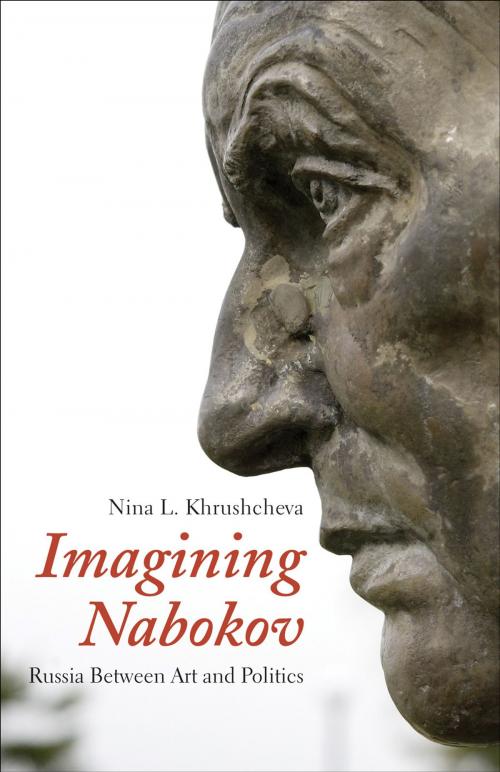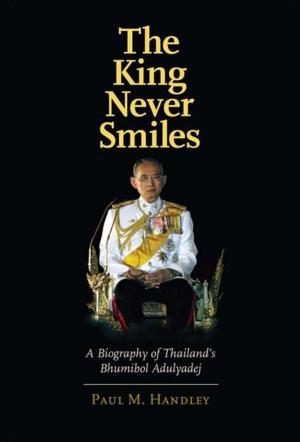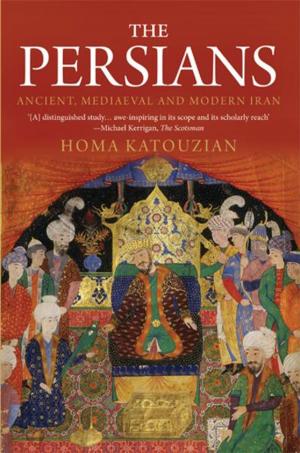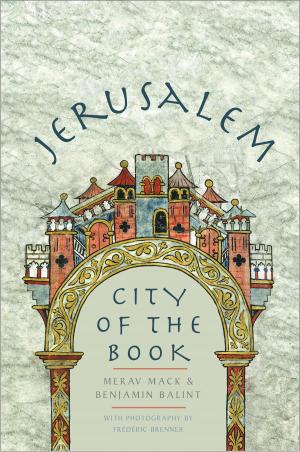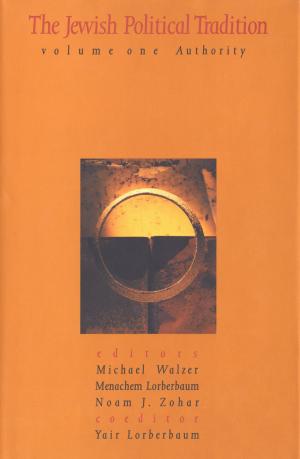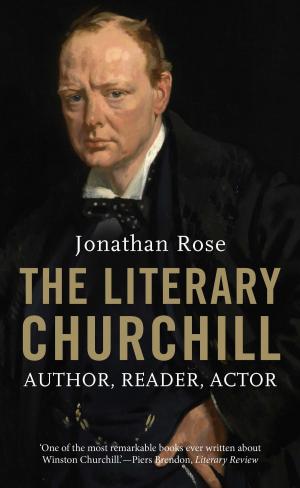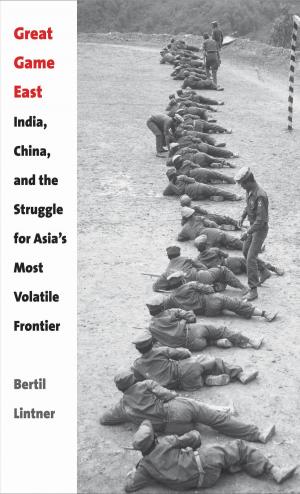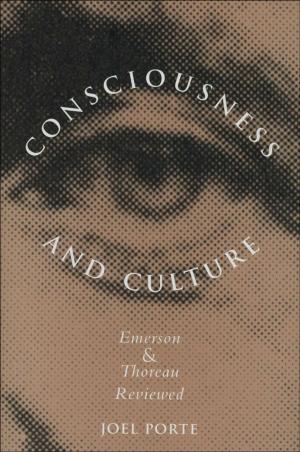| Author: | Nina L. Khrushcheva | ISBN: | 9780300148244 |
| Publisher: | Yale University Press | Publication: | October 1, 2008 |
| Imprint: | Yale University Press | Language: | English |
| Author: | Nina L. Khrushcheva |
| ISBN: | 9780300148244 |
| Publisher: | Yale University Press |
| Publication: | October 1, 2008 |
| Imprint: | Yale University Press |
| Language: | English |
Vladimir Nabokov’s Western choice”-his exile to the West after the 1917 Bolshevik Revolution-allowed him to take a crucial literary journey, leaving the closed nineteenth-century Russian culture behind and arriving in the extreme openness of twentieth-century America. In Imagining Nabokov: Russia Between Art and Politics, Nina L. Khrushcheva offers the novel hypothesis that because of this journey, the works of Russian-turned-American Vladimir Nabokov (18991977) are highly relevant to the political transformation under way in Russia today. Khrushcheva, a Russian living in America, finds in Nabokov’s novels a useful guide for Russia’s integration into the globalized world. Now one of Nabokov’s Western” characters herself, she discusses the cultural and social realities of contemporary Russia that he foresaw a half-century earlier.
In Pale Fire; Ada, or Ardor; Pnin; and other works, Nabokov reinterpreted the traditions of Russian fiction, shifting emphasis from personal misery and communal life to the notion of forging one’s own happy” destiny. In the twenty-first century Russia faces a similar challenge, Khrushcheva contends, and Nabokov’s work reveals how skills may be acquired to cope with the advent of democracy, capitalism, and open borders.
